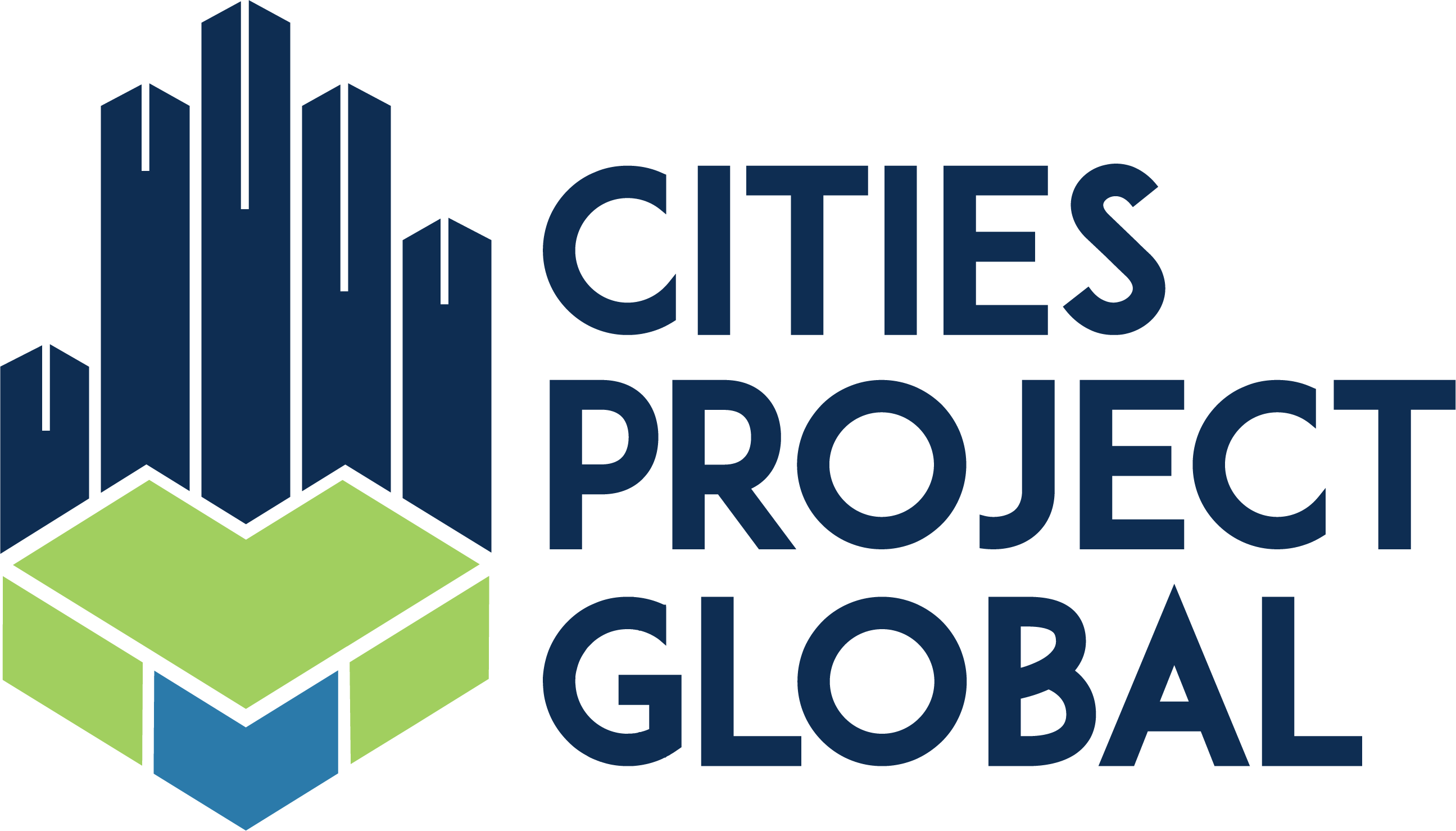At some point or another, you’ve probably asked yourself the question, “what is my calling?”
As human beings, we are deeply interested in discovering our purpose, and as Christians, we’re very invested in what it is God wants us to do on this earth.
But many of us get derailed by what other people want us to do instead — our families as we grow up, our peers at our workplace, our neighbors next door. We get so caught up in trying to reach others’ metrics of success that we forget we have our own unique design and part to play in this world.
Jordan Raynor, author of Called to Create and host of podcast Master of One, says that our calling can be identified at the intersection of three things: opportunity (where are you uniquely positioned to love and influence others?), passion (what are your desires? Dreams are God-given), and gifts (what developed and natural talents do you have?)
Sometimes our gifts come so naturally to us that we don’t realize that they’re unique and valuable. Knowing where your talents lie and celebrating them and developing them isn’t arrogance; it’s good stewardship, which God has called us to.
Let’s explore three tools you can use to get reconnected with your natural gifts, which can help you better understand your purpose and calling.
The Myers-Briggs Type Indicator
One of the most popular personality tests today, the Myers-Briggs Type Indicator (MBTI) was developed based on the personality theories of the notable psychologist Dr. Carl Jung. Each personality is described through four contrasting personality preferences, resulting in sixteen distinct types represented by four letters (for example INTP).
Personality Preferences
Extraversion / Introversion: This dichotomy may be most widely known. Extraverts are energized by being with other people, and introverts gain energy when they get to recharge alone.
Sensing / Intuition: This preference describes how you take in information. Sensors are driven by facts and notice small details, relying on tangible things they can touch, hear, and see. Intuitives are more oriented toward the big picture and think about patterns and meaning in the overall context.
Thinking / Feeling: Thinkers make decisions based on what they consider logical accuracy, while feelers make decisions based on emotions, values and relational needs.
Judging / Perceiving: This preference is about how you function in your environment. Judgers (not to be confused with being judgmental) like structure and regulation, while perceivers keep things open ended and flexible.
Personality Types
The sixteen types are grouped into four categories sharing the two middle letters:
The Analysts: These are the intuitive-thinking types (the NTs), driven by curious intellect, rigorous logic, and innovation.
The Diplomats: The intuitive-feeling types (the NFs), motivated by empathy, creativity and the quest to make the world a better place.
The Sentinels: The sensing-thinking types (the SJs), who uphold society’s institutions and thrive on creating systems and order.
The Explorers: The sensing-feeling types (SPs), often spontaneous, artistic, and entertainment-oriented.
Learning about yourself through the MBTI can help you grow in a number of areas — especially discovering what type of work you’re programmed to be motivated by and areas you may excel at. Work is a major area we can live out our faith in, and God wants us to use our innate talents to build his kingdom in all areas of life.
The Enneagram
In a world of distraction and constant pressure to compare ourselves to our peers, the Enneagram can bring you a lens of greater self awareness on how you are uniquely programmed. It is an ancient personality typing system that describes nine types of people and how they relate to themselves, each other, and the world.
Unlike the MBTI, which assesses how you prefer to navigate information and the world, the Enneagram focuses on how core motivations influence personality. These motivations (the quest for achievement, the desire to be helpful to others, the need for adventure or security, the drive to maintain peace in relationships, etc.), cause us to respond to certain scenarios in different ways, sometimes masking our deepest selves or putting on layers to avoid vulnerability (for example, tending toward workaholism to avoid the fear of failure, or making endless backup plans to avoid loss of control).
Simply put, the Enneagram is the best tool to discover how to live more authentically, which will bring you closer to identifying your God-given purpose and living it out in the world.
Where should I start?
There’s an abundance of free Enneagram tests available on the internet, but these vary in quality. The Enneagram can also become a complex tool once you get into it. Ian Morgan Cron is a long-time Enneagram teacher, devoted to helping people become awakened to their true selves and purpose, and he has a number of resources available.
The Road Back to Youis the perfect introductory book to learning more about the nine types. Cron makes it simple to self assess which one (or two, or three!) you relate to the most, and he offers some helpful insight on how you can begin to reconnect to yourself, your friends and family, and God.
Cron has also worked to develop the iEQ9, which is a fully comprehensive Enneagram test that goes much deeper into unpacking all the insights from the Enneagram (much more than we can cover here!). The standard report is available at $60, and the pro report, which goes into more detail about how you communicate and make decisions, is available at $120.
If you’re not ready for that kind of investment yet, Cron also hosts a podcast interviewing recognised leaders and innovators across all spheres of life who are using the Enneagram as a tool for personal transformation.
It’s important to remember that, like other personality assessments, the Enneagram is not prescriptive; it’s descriptive. Your result helps you learn who you are and how you got to your current place, but it doesn’t tell you who or how you are supposed to be. It offers paths for growth and personal discovery, but your unique purpose is yours alone to discover in relationship with God.
StrengthsFinder
If you have to pick one tool to help you see your potential in a new light, the Clifton StrengthsFinder assessment is one of the best options. It was developed on the principles of positive psychology, focusing on optimizing innate strengths and potential instead of fixing shortcomings, which is what many assessments emphasize.
By knowing your strengths — or your talents — you will be able to better recognize opportunities that you can create impact through. For example, if your team has a presentation coming up and you know you’re better at outgoing relationship building than strategic communication design, you might let someone else build the presentation while you perform the role of delivering it on the day of.
Discovering Your Unique Strengths
The assessment evaluates 34 strengths that describe people’s talents and explain patterns of thought, feelings and actions. These strengths are broken down into four domains.
- Executing. This area is all about getting things done — whether you’re driven by creating order and systems or a strong sense of discipline and routine.
- Influencing. People with strengths in this area know how to boost the morale of those around them and be persuasive, whether through quiet charm or loud charisma.
- Relationship Building. People who possess these strengths may have a knack for understanding what makes others tick or be naturally inclusive and understanding.
- Strategic Thinking. This domain describes strengths that drive people to approach things intellectually. People with these strengths may naturally be information-gatherers or idea-makers.
It’s very likely that you have a variety of strengths distributed across multiple domains, though you may have a few concentrated in one more than others. There is no wrong result!
If you’re familiar with other psychometric tests, StrengthsFinder can feel like a fresh take. Since it measures 34 strengths, the questions aren’t always transparent, which makes it difficult to “game” the test.
When you are familiar with your gifts, you can get closer to identifying your vocation and calling, through which you can better serve God and those around you.
It’s important to remember, though, that your personality test results are not your whole identity. All gifts and talents are God-given, and our identities are in him as well. While tools are useful, they’re not a substitute for discipleship and a personal relationship with God. Your walk with God is, at the end of the day, the best path to your purpose.
This article is part of an ongoing series exploring what it means to live out the Christian faith in all areas of life: family, media, church, art & entertainment, education, government, commerce & technology.
©2021 Cities Project Global


Recent Comments